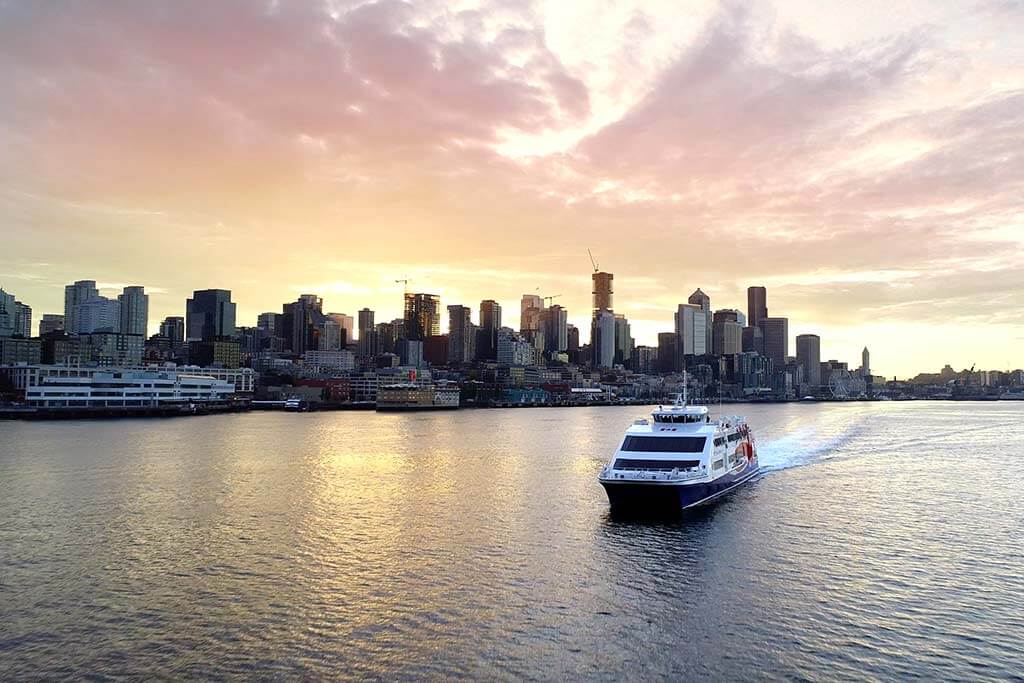
- Best places in British Columbia, Canada to buy vacation rental property
- Why it’s a Wise Investment to Use Airbnb in Victoria
- How to Begin an Effective Business as an Airbnb Host in Victoria, Canada
Victoria, the charming capital city of British Columbia, is no stranger to Airbnb’s flourishing landscape. With about 3,000 Airbnb listings as of 2023, Victoria has seen a surge in short-term rental (STR) popularity. However, with increased popularity comes the need for regulation. This article offers an insightful view of how the city manages this dynamic market.

The Emergence of Airbnb in Victoria
Airbnb first set foot in Victoria in the late 2010s. Within a few years, the number of listings rose dramatically, from just a few hundred in 2016 to 3,000 in 2023. This rapid growth caused housing supply concerns, leading to the city’s decision to regulate short-term rentals.
An Overview of Victoria’s Short-Term Rental (STR) Regulations
Victoria’s STR regulations comprise four main elements: zoning bylaws, business licensing, safety measures, and host accountability.
Short-term Rental Zoning Bylaws
Victoria’s zoning bylaws divide the city into multiple zones, each with its own unique set of regulations for short-term rentals. Of the city’s 5000+ square kilometers, only specific zones are designated for short-term rentals. Furthermore, a host must be a resident of the property for at least 275 days of the year to qualify it as their principal residence.
Business Licensing Requirements
Applying for a business license in Victoria is a straightforward process, but it comes with a fee. Business licenses cost $150 for short-term rentals in the operator’s primary home and $1,500 for all other forms of short-term rentals, but this is subject to change. Hosts must renew their licenses annually. The fine for operating without a license is $500 per day, and the fine for advertising without a license is $250 per day.
Health and Safety Compliance
The Victoria government has established clear health and safety standards for Airbnb hosts. For instance, all properties must have at least one fire extinguisher per floor and a carbon monoxide detector if there are any fuel-burning appliances or an attached garage. Non-compliance with these safety standards can result in fines of up to $500 per violation.
Accountability and Penalties
Airbnb hosts are accountable for any disturbances caused by their guests. If a host is found responsible for noise or other disturbances, they can face fines of up to $500 per incident. Serious or repeated violations can lead to the suspension or cancellation of the business license.
Explore The Definitive Guide on Victoria, Canada’s Airbnb Income Tax.

The Impact of STR Regulations on Victoria’s Housing Market
Before the regulations were implemented, Victoria’s housing market was strained, with a low vacancy rate of less than 1%. The regulations helped free up nearly 1,000 homes for long-term rentals within the first year of implementation.
Victoria’s STR Regulations vs. Other Canadian Cities
Victoria’s balanced approach to Airbnb regulations has become a model for other Canadian cities grappling with similar issues. Toronto, for example, which has over 15,000 Airbnb listings, took cues from Victoria when drafting its own regulations.
Is There a Need for Reform in the Current Short-Term Regulatory Framework?
Like any regulatory framework, Victoria’s STR regulations are not set in stone. They were last updated in 2021 and are reviewed annually to ensure they continue to meet the city’s needs.
Victoria’s STR Regulations and the Post-Pandemic Reality
The post-pandemic world has presented new challenges and opportunities for Airbnb in Victoria. In 2021, after the first wave of the pandemic, Airbnb listings in Victoria dropped by about 10%, but have since rebounded to pre-pandemic levels.

The Role of Airbnb in Victoria’s Tourism Strategy
Despite its challenges, Airbnb remains an integral part of Victoria’s tourism strategy. In 2022, Airbnb hosts in Victoria welcomed over 200,000 guests, contributing significantly to the local economy.
Conclusion: The Future of Airbnb in Victoria, Canada
The “Regulation of Airbnb in Victoria, Canada” has created a more structured environment for short-term rentals. With a balanced approach, these regulations have managed to protect long-term housing, ensure neighborhood peace, and yet enable the growth of Airbnb. As Victoria continues to evolve, so too will its approach to managing Airbnb, shaping the future of short-term rentals in this captivating city.
You can also read about Airbnb regulations in: